"Poland can become the financial center of this part of Europe." An example for us is Sweden

- - We need to transfer savings that are currently lying on non-interest bearing bank deposits to the market; we need to clean up OFE and transform them into fully private institutions. We need to release this money - said Paweł Borys from MCI Capital.
- - We are working on simplifying the prospectus procedures, the MAR regulation (disclosure of confidential information - editor's note) and reporting issues. Our goal is to facilitate the introduction of the company to the stock exchange, this is what we are striving for - assured the president of the Warsaw Stock Exchange Tomasz Bardziłowski.
- During the discussion on capital markets during the 17th European Economic Congress in Katowice, the issues of goldplating (excessive extension of the original intentions when implementing EU directives in national law) that disturb the transparency of the market, the significance of the Employee Capital Plans programme and an important change in the transaction settlement process, which will come into force in 2027, were also discussed.
How does the Warsaw Stock Exchange compare to the European market and global trends? Does a single capital market in Europe make any sense? Is the Polish stock exchange overregulated and are companies adequately transparent? These are just a few of the questions that experts sought answers to during the "Capital Markets" debate, which took place during the 17th European Economic Congress .
Capital must be mobilized. Sweden is a great example for PolandPaweł Borys, Managing Partner at MCI Capital TFI, pointed out that Poland can become the financial centre of Central and Eastern Europe , but for this to happen, a strong base of institutional investors is needed.
- We need to shift the savings that are currently lying on bank deposits; we need to clean up OFE and transform them into fully private institutions. We need to release this money - said Borys.
He used the example of Sweden. - In Sweden, the capitalization of the public market to GDP is about 150%, and pension assets account for almost 180 billion dollars. This shows what potential Poland has - we are a large economy and we have a lot of capital, but this money is currently in the wrong place, on deposits. The proportion of loans to deposits is currently about 70%, and 15 years ago it was 120%, so a completely different proportion - Paweł Borys calculated.
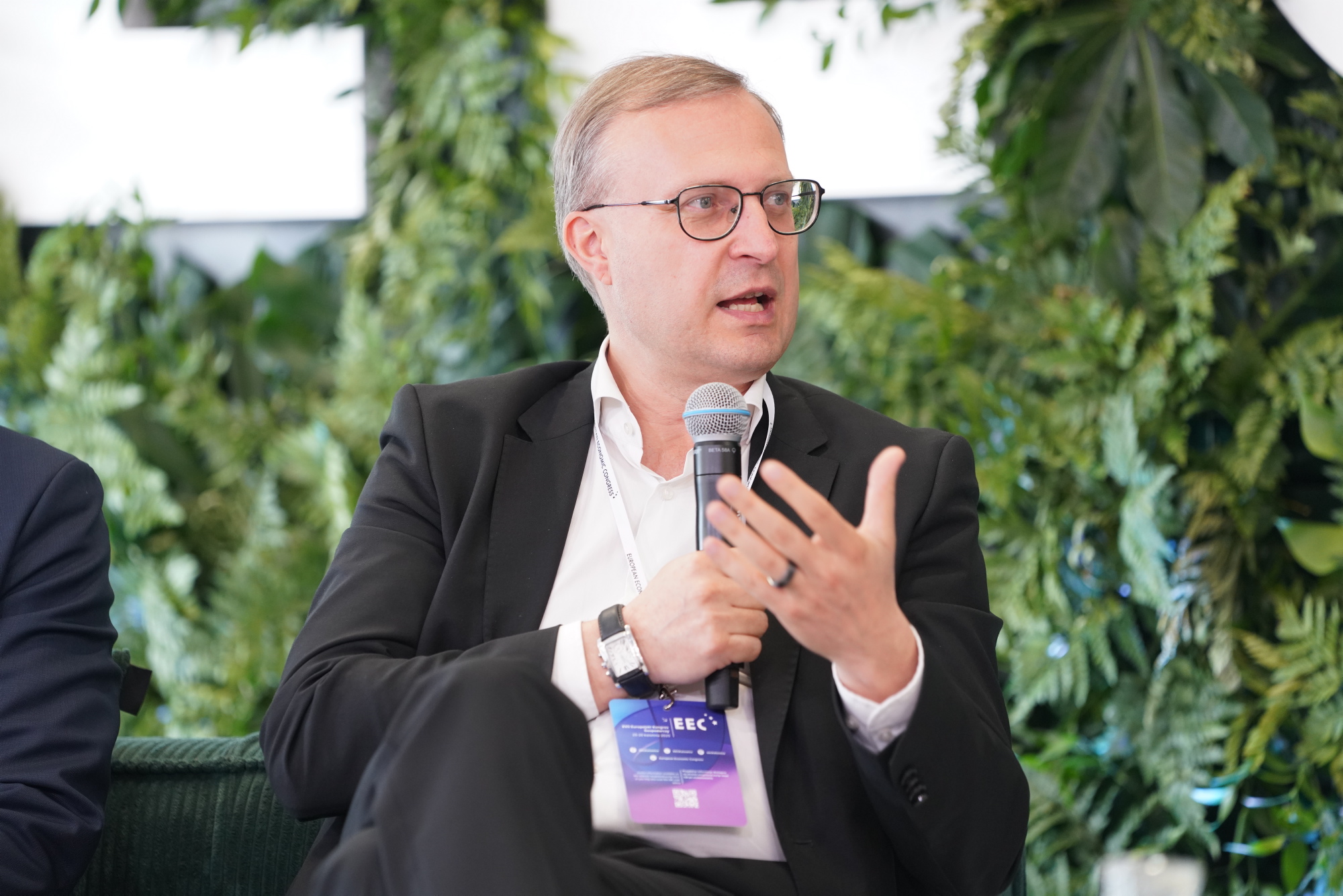
Tomasz Bardziłowski, President of the Warsaw Stock Exchange, reflected the extremely positive mood that has prevailed on the Warsaw Stock Exchange since the beginning of the year.
- This year our stock exchange is the best in the world , and I assure you that we are just getting warmed up - began the president of the Warsaw Stock Exchange, and then moved on to specific issues that determine the development of the capital market in Poland.
- In order for our capital market to develop to its potential, we must, in addition to the extremely important institutional capital, attract retail investors who provide liquidity. This will require all kinds of tax incentives - indicated the president of the Warsaw Stock Exchange.
He also addressed the issue of deregulation which was inflected throughout the cases.
- The most important regulatory barriers for the market have already been defined. In several areas, we are already cooperating with the Polish Financial Supervision Authority and the Ministry of Finance. We are working on simplifying prospectus procedures, MAR (disclosure of confidential information - editor's note) and reporting issues. Our goal is to facilitate the introduction of companies to the stock exchange, this is what we are striving for - assured the president of the Warsaw Stock Exchange.
He also drew attention to the phenomenon of goldplating, which should be limited in the interest of the Polish capital market. Let us recall that goldplating is an excessive extension of the original intentions when implementing EU directives in national law.
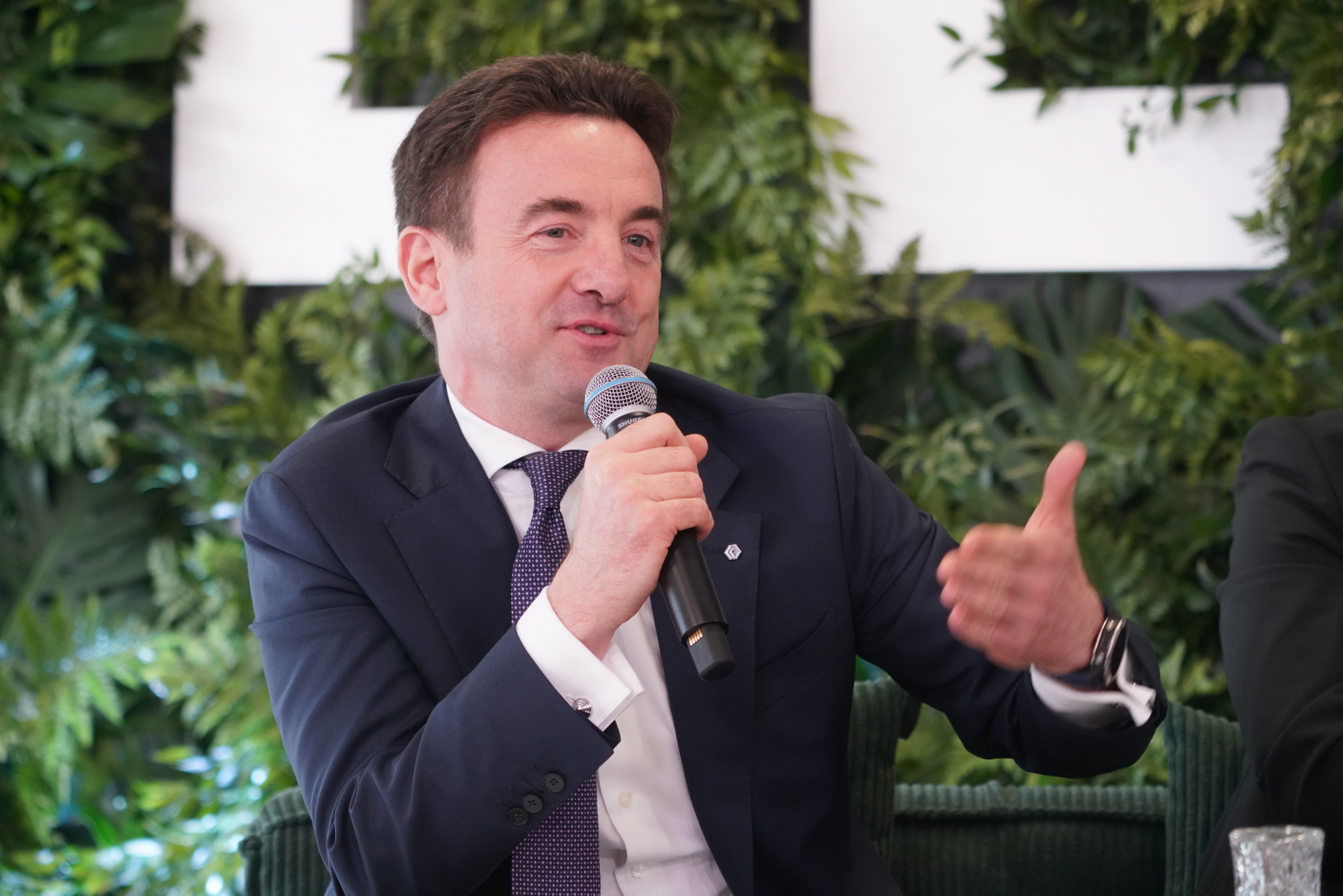
Jerzy Buzek, partner, Assurance Markets Leader at EY Polska, also commented on the regulatory issue.
- From the auditor's point of view, we should put a lot of emphasis on building credibility and communication between all market participants. This is the key to long-term development. It is important not to change regulations too often, because this disrupts the efficient functioning of the market - said Buzek.
He also shared some interesting statistics on corporate reporting.
- In Poland, last year we had the most re-publications of financial reports, as many as 8 out of 15 in the entire EU. We are a mature market, but we have a lot to do in the area of communication between companies and investors. The scope of reports and the date of their publication also need to be considered. Our companies report on average one and a half months later than the average in the EU or the USA. The reporting process needs to be improved in these aspects. This is something that needs to be worked on, because it builds market transparency - the expert listed.
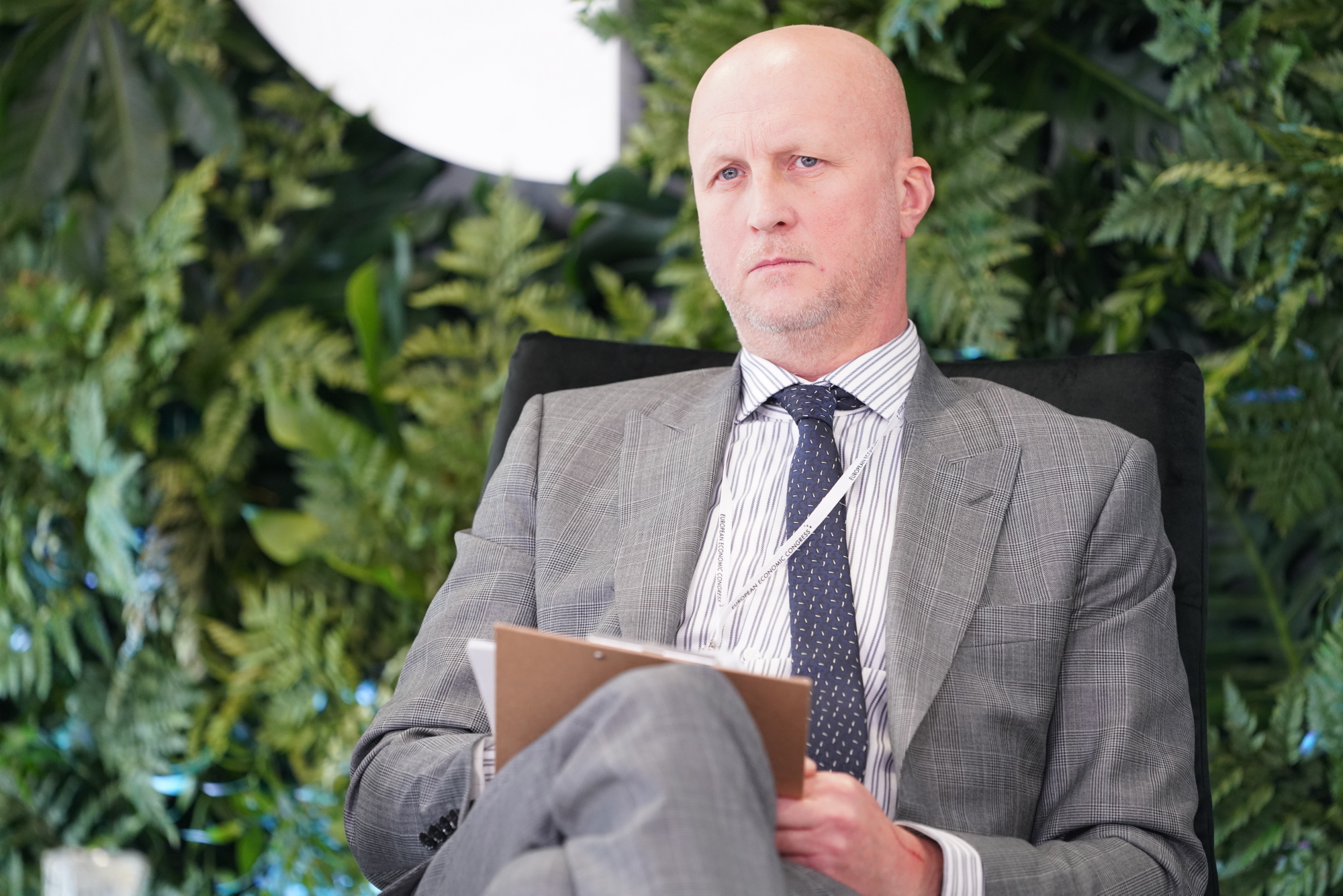
Małgorzata Rusewicz, President of the Chamber of Fund and Asset Managers, pointed to the problematic and still unresolved issue of the so-called safety slider (a mechanism involving monthly withdrawal of savings from OFE 10 years before the insured person reaches retirement age and transferring them to a sub-account in ZUS).
- First of all, we should solve the issue of the security slider once and for all. Assets accumulated in OFE cannot cyclically "descend" from the market, and this will happen because of the slider. The second area is specific changes that will motivate and encourage broader participation in PPK. This will make the capital market in Poland build faster - she indicated.
Małgorzata Rusewicz stated that Polish society is reluctant to invest because it is afraid of risk.
- People expect a predetermined rate of return, which is only provided by banks on deposits. It will be difficult to change this, but we need to start from the mental side - said the president of IZFiA.
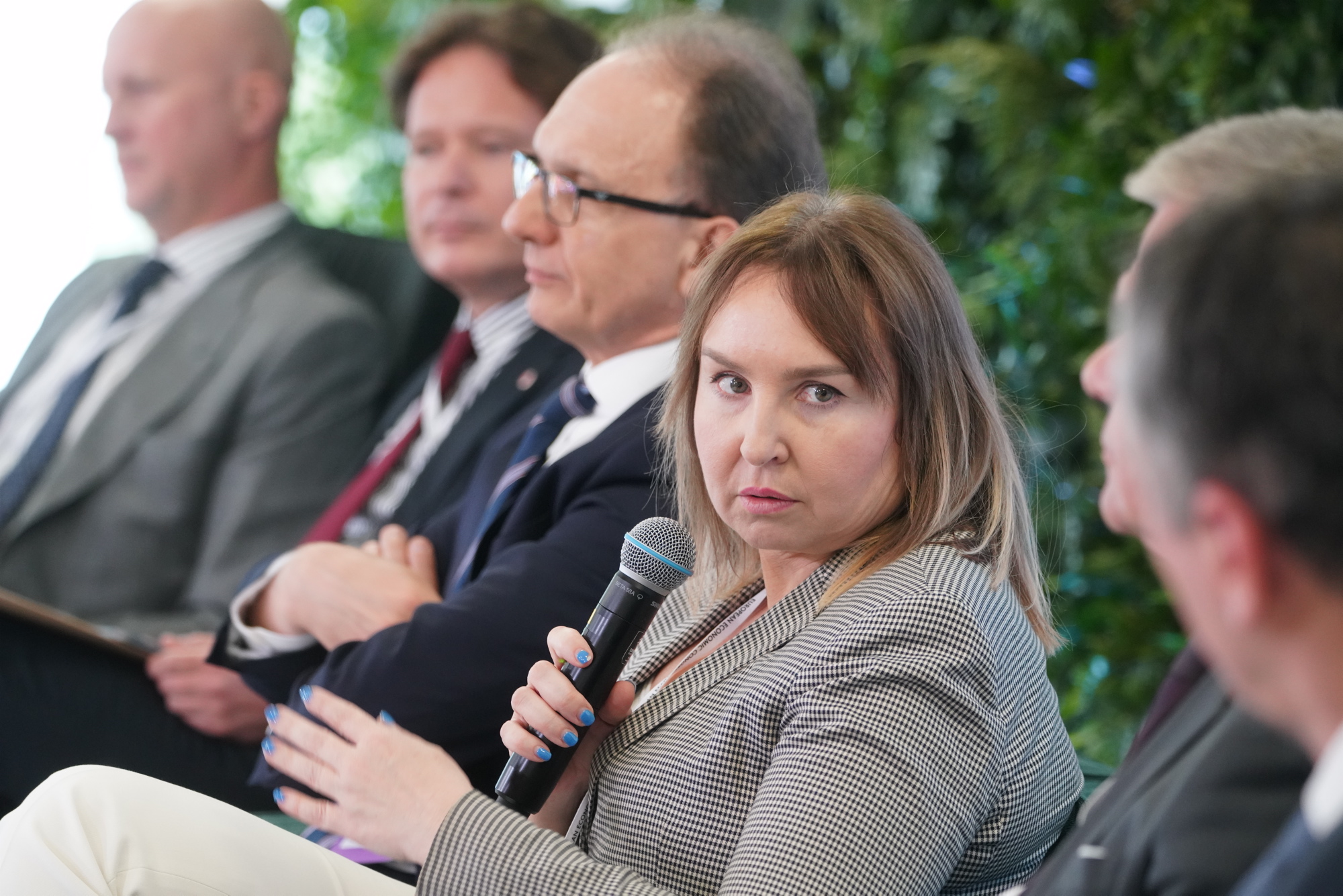
Waldemar Markiewicz, President of the Chamber of Brokerage Houses, emphasized that if people want to take investment risks, they must be appropriately rewarded for it.
- The basic tool stimulating market growth is an appropriately conducted tax policy, encouraging investment and rewarding risk-taking - enumerated Markiewicz.
He also referred to the widely commented idea of creating the Capital Markets Union .
- European decision-makers say: 27 capital markets in Europe are too many, there should be one. This is a myth that will not become reality. Firstly, because of the prevailing information asymmetry, which causes local capital to invest in local companies. Going further, in order to increase the competitiveness of the European Union, small and medium-sized enterprises must be financed. This is what the local market and local capital are for. Therefore, the concept of a single European market is counterproductive to the goal of providing financing to the SME sector - said Waldemar Markiewicz.
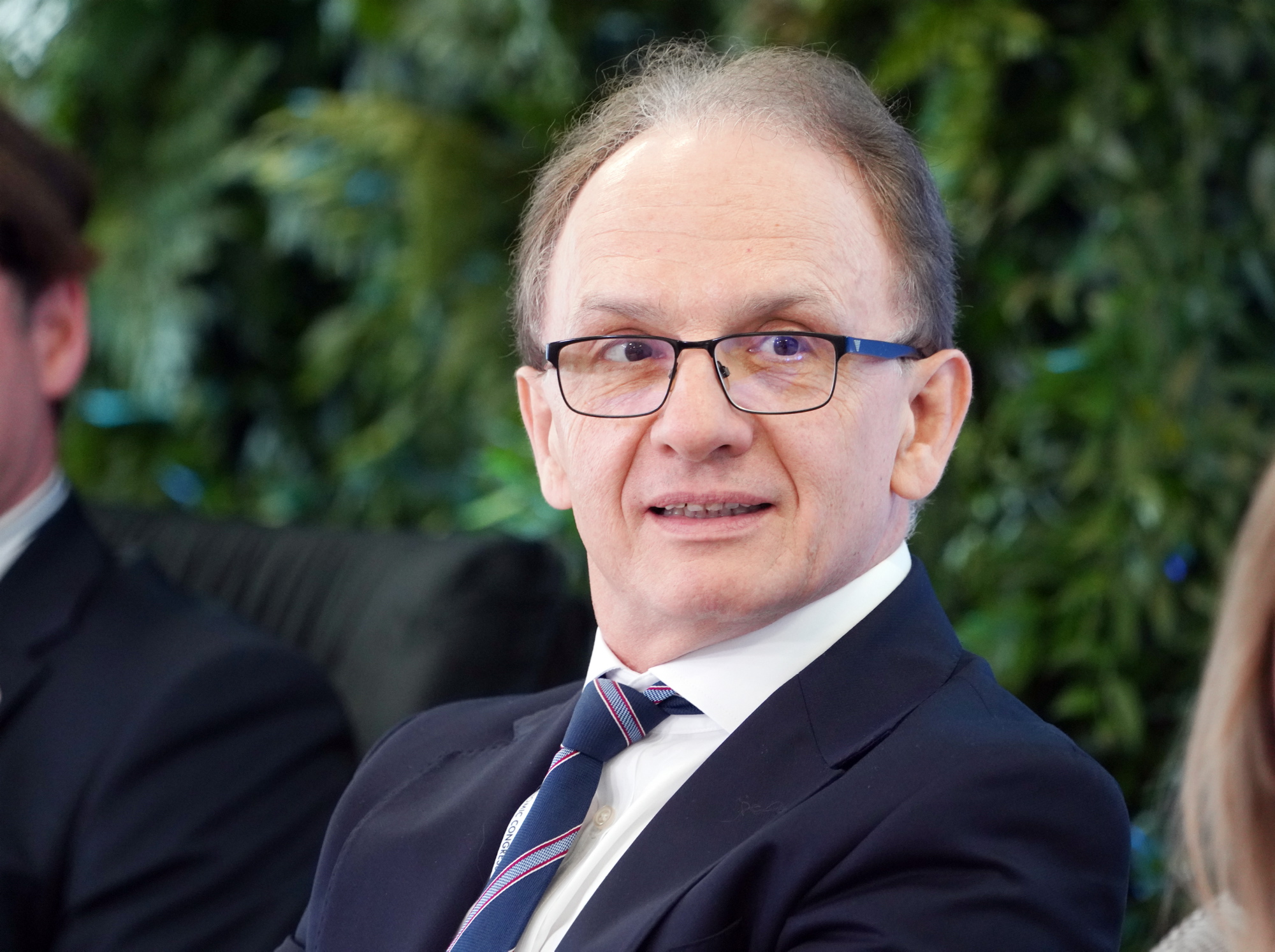
Maciej Trybuchowski, President of the National Depository for Securities, announced one very important change which, based on EU regulations, will soon take place on the Polish stock exchange.
- An important change awaits us: settlement of transactions in the T+1 system, starting in October 2027 throughout the EU. From a technical point of view, it will not be particularly complicated, but it is a challenge for all market participants. It will make the capital market similar to the cryptocurrency market, where everything happens in real time - announced Trybuchowski.
Let us recall that in Poland - similarly to other European Union countries - the T+2 standard settlement cycle has been adopted, which in practice means that we become the legal owner of the acquired securities only on the second business day from the date of the transaction.
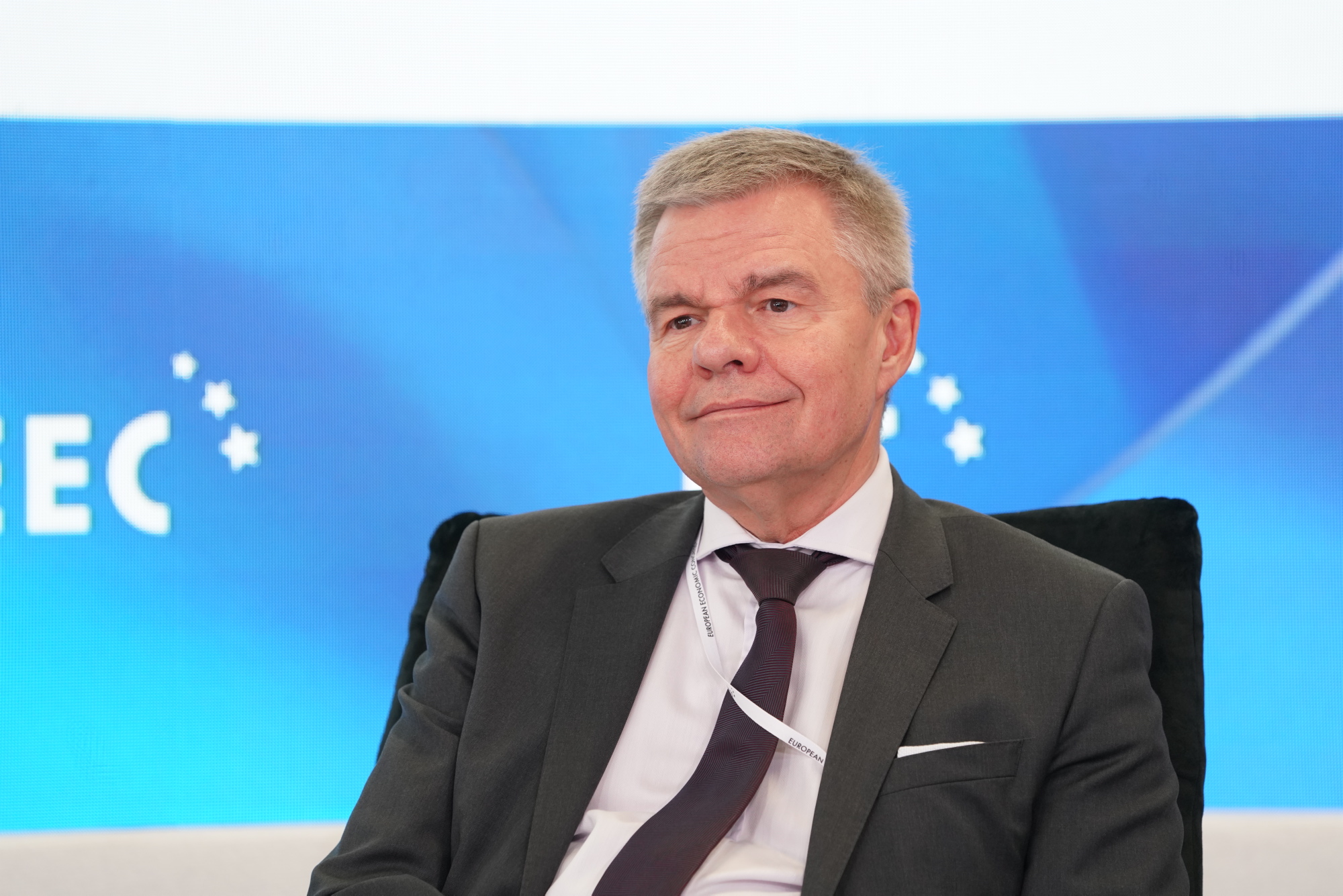
Mariusz Jaszczyk, Vice-President of the Management Board for Finance and Development at the Polish Development Fund, drew attention to Employee Capital Plans as one of the determinants of the long-term condition of the capital market.
- In the PFR group there is a company whose task is to disseminate information about PPK; it offers free training, provides information. This brings results. The increase in people saving in the last year has been much faster than in the previous year - said Jaszczyk.
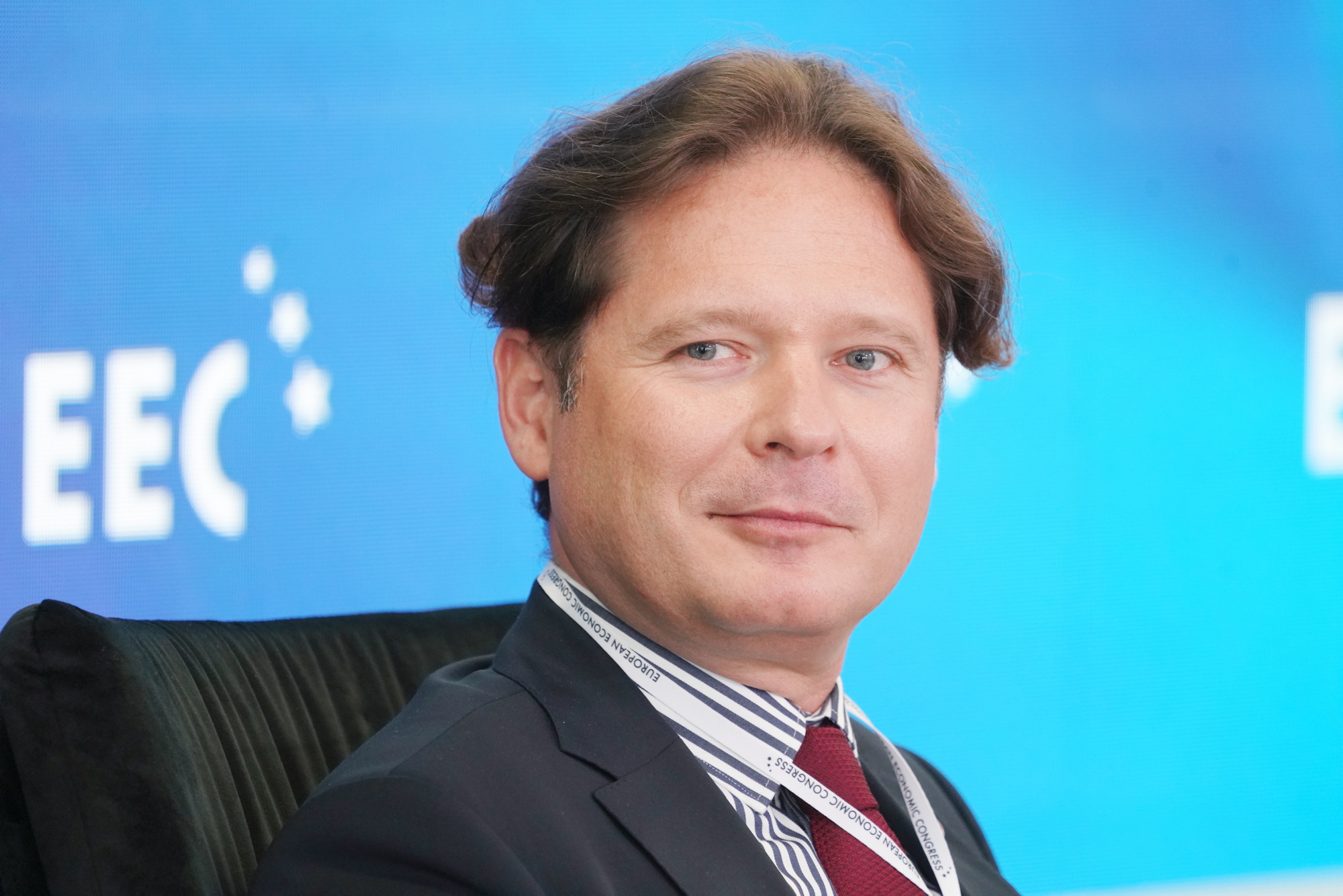
- Participation in PPK has already exceeded 52% of those eligible, but 80% will be fully satisfactory, i.e. the moment when 8 out of 10 Poles will save within PPK - summed up the member of the PFR management board.
Watch the report from the "Capital Markets" debate:
17th European Economic Congress
wnp.pl





